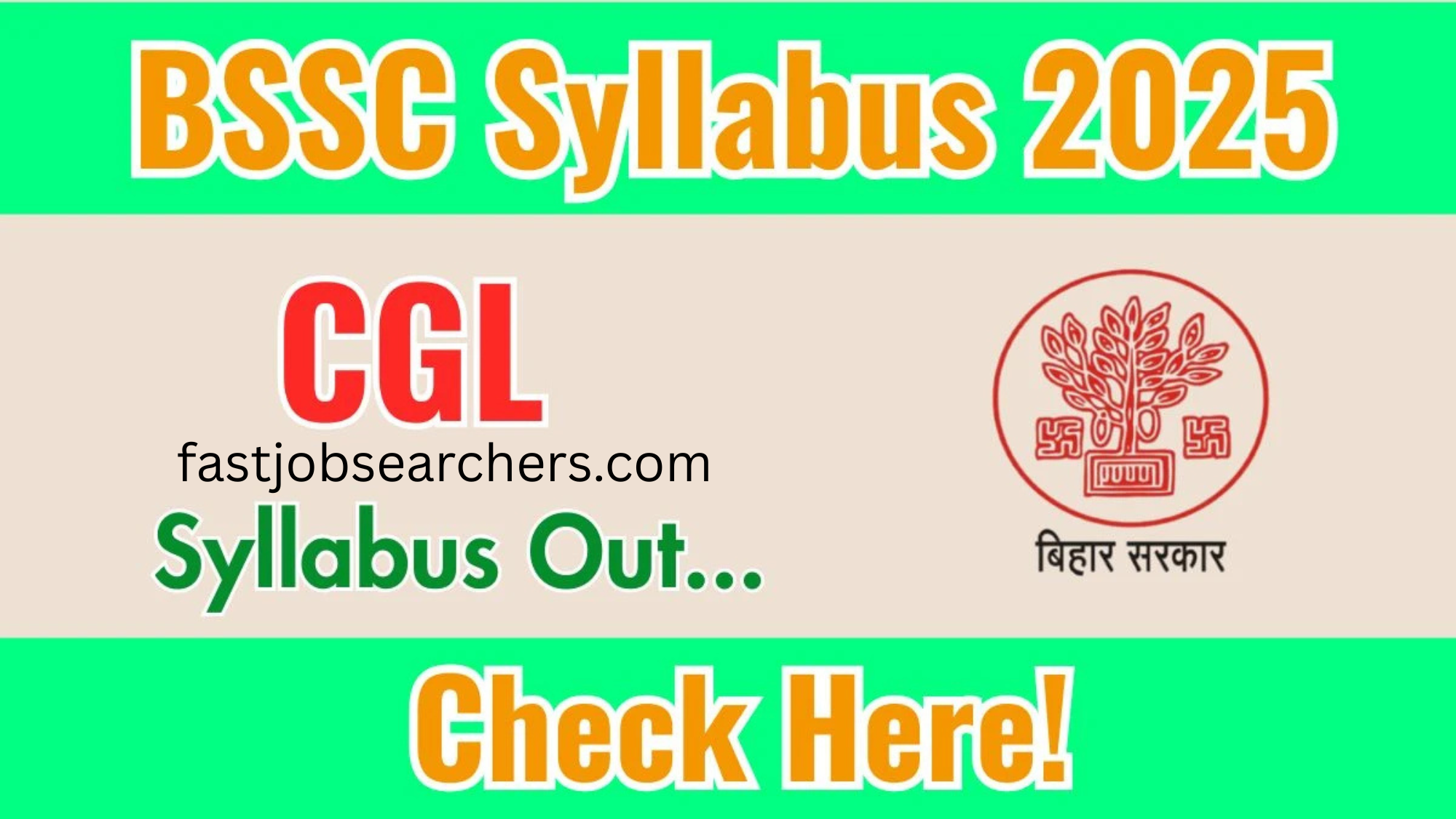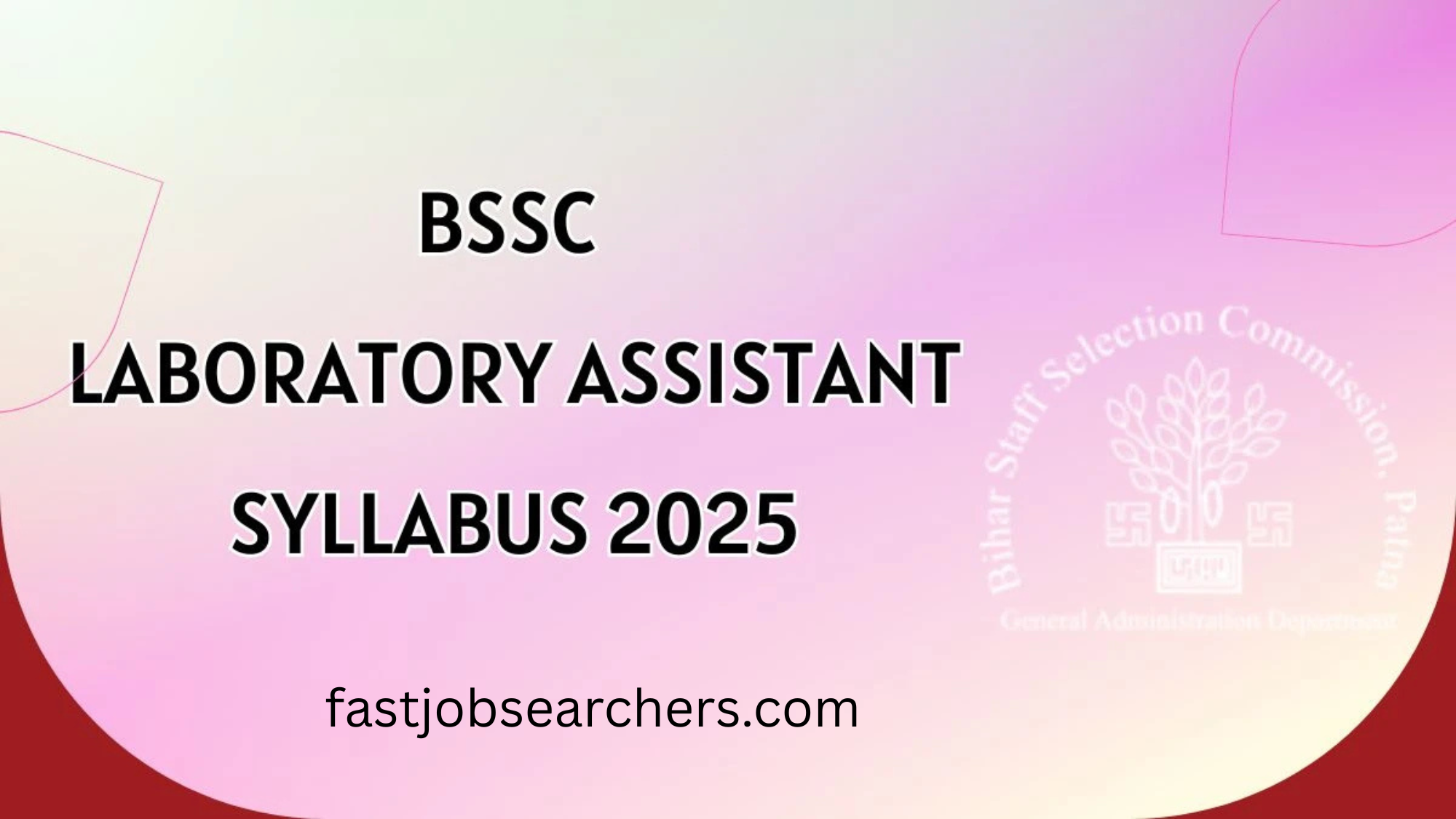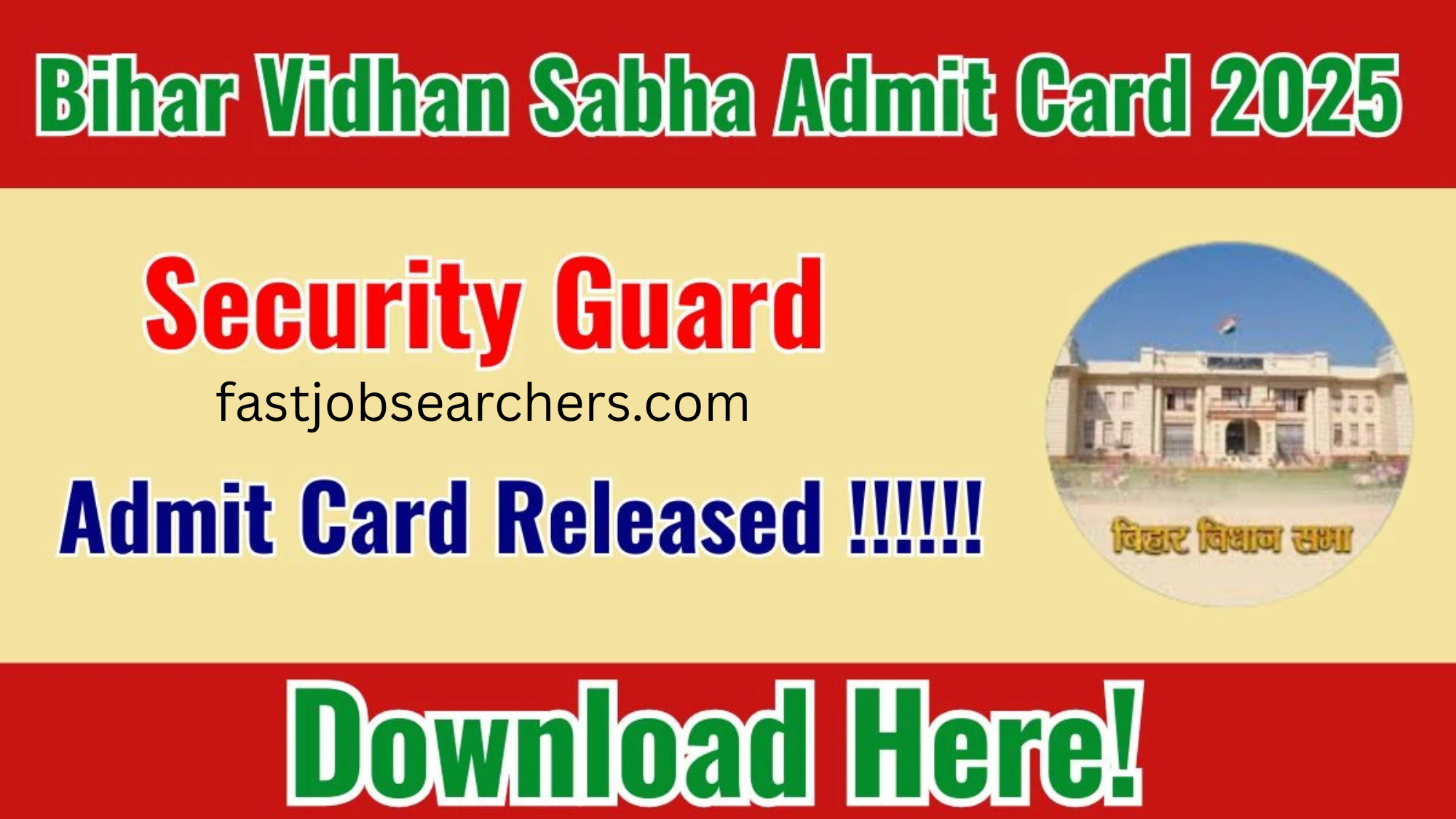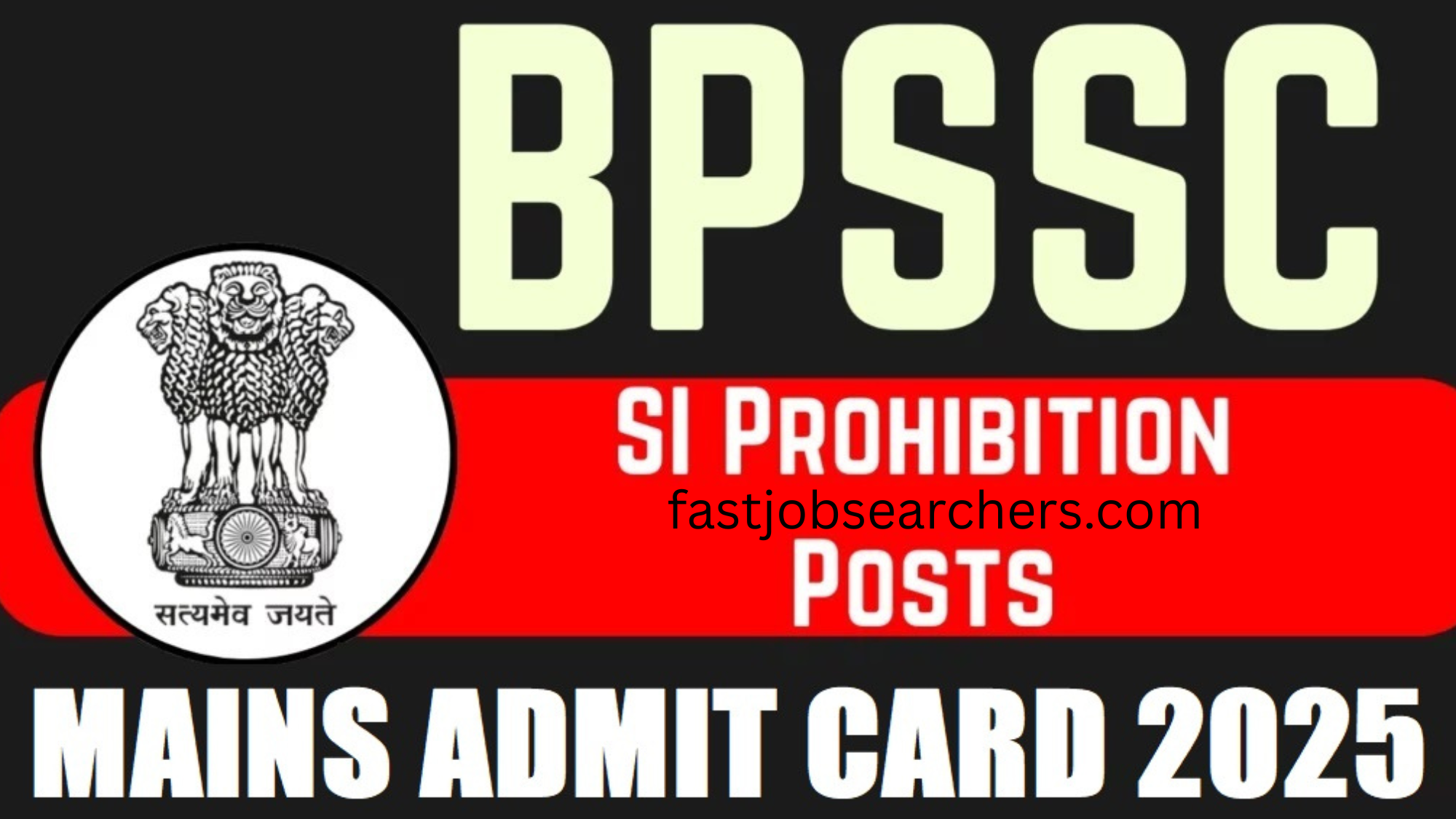The Bihar Staff Selection Commission has unveiled the syllabus for the Graduate Level Combined Graduate Level Examination Four for the year. This announcement carries great significance for all candidates preparing for this recruitment cycle, marking the official roadmap for the written tests ahead. Understanding the syllabus effectively is essential for developing a strategic study plan, focusing efforts wisely, and maximizing performance on exam day.
This article offers a comprehensive walkthrough of the syllabus, delving into subject-wise content coverage, expected question formats, exam structure, preparation techniques, time management strategies, and best practices to optimize performance. It aims to guide aspirants through every stage of their preparation, from planning to final revision, empowering them to approach the exam with clarity and confidence.
Overview of Examination Structure
The graduate level examination is envisaged as a standardized test of academic knowledge, reasoning skills, qualitative aptitude, and through exam stages such as prelims, mains, and possibly interviews or document vetting. Candidates must engage with multiple subject domains—quantitative aptitude, reasoning, language skills, general awareness, and occasionally job-specific topics—aligned with the syllabus prescribed by the recruiting board. Scoring well across examination areas requires balanced and structured preparation.
The exam is likely divided into separate papers or sections, each targeting a specific domain. Each section may contain multiple-choice questions graded for accuracy, and performance in individual parts may influence overall ranking. Understanding the weighting and marking pattern helps candidates allocate study time effectively, prioritizing high-impact topics while ensuring coverage of all areas.
Subject‑Wise Syllabus Details
Quantitative Aptitude
This section entails mathematical reasoning and problem-solving. Candidates prepare for topics such as arithmetic operations, algebra, geometry, mensuration, percentage calculations, time and distance analyses, and data interpretation. Everyday numerical challenges and chart-based questions are included. Accuracy and speed are critical.
Logical Reasoning and Analytical Ability
Logical reasoning focuses on puzzles, series completion, coding‑decoding, syllogisms, blood relations, seating arrangements, and critical thinking scenarios. Analytical ability includes data sufficiency, logical sequences, and pattern recognition. The focus is on clarity of logic and structured thinking rather than rote memory.
Language Skills
Language sections assess proficiency in both English and Hindi. Candidates are tested on reading comprehension, grammar usage, sentence correction, vocabulary, fill‑in‑the‑blanks, synonyms and antonyms, error detection, and paragraph formation. Emphasis is placed on understanding written passages and applying grammatical rules.
General Awareness
The general awareness component covers current events, national and international news, history, geography, Indian polity, economics, science and technology, environmental awareness, and cultural developments. Candidates are encouraged to stay updated with recent and relevant updates from reputable sources and books. Static facts are tested alongside dynamic events.
Optional or Post‑Specific Subjects
Certain disciplines may have domain-specific details depending on job roles—such as statistics, psychology, computer applications, or law enforcement norms. Aspirants should refer carefully to the syllabus lines relevant to their applied post and focus their preparation accordingly.
How to Approach Syllabus Coverage
Firstly, producing an organized study plan that aligns with the syllabus enables systematic coverage of all topics. Candidates should begin by analyzing the syllabus structure, estimating time required for each subject area, and setting realistic daily or weekly targets.
Starting with foundational areas—mathematical logic, grammar rules, general knowledge basics—lays a strong base. Gradually expanding to specialized or challenging topics through structured blocks builds depth and nuance. Revision cycles, timed practice sessions, and intermittent subject tests help reinforce learning and track progress.
Regular self‑assessment using mock tests provides insight into strengths and weaknesses. Focus on weak areas while reinforcing strengths. Incorporating short breaks ensures mental freshness and prevents burnout. A blend of conceptual study, practice drills, and revision builds confidence and competence.
Exam Strategy and Time Management
Effective pacing during the examination is crucial. Candidates should attempt easier questions first, mark tough or time-consuming ones for later, and maintain steady progress through all sections. Ensuring steady accuracy rather than rushing through each question helps avoid negative marking.
Practice full-length mock tests under real exam timing helps build endurance. Simulating test conditions—including seating posture, paper handling, and answer sheet marking—aids familiarity. Post-test analysis of performance helps refine strategy, pinpoint time sinks, and improve consistency.
Study Resources and Preparation Tips
Candidates may utilize a variety of preparation resources—standard reference books, online platforms, syllabus-aligned study materials, video tutorials, and past exam papers. Choosing reliable and comprehensive sources is essential to cover every aspect of the syllabus thoroughly.
Staying updated with current affairs requires consuming daily news digests, government bulletins, and editorial summaries. Integrating short revision capsules into daily routines ensures constant awareness build-up. For competitive edge, aspirants may form study groups, discuss problem-solving strategies, and share quiz practices.
Practicing previous year question papers helps in understanding question style and recurring themes. Time-limited problem-solving drills sharpen speed and accuracy. Continuous effort combined with mindful planning results in efficient preparation.
Mental and Physical Readiness
Exam preparation is as much a mental endeavor as an academic one. Maintaining mental composure, reducing stress through relaxation techniques, and ensuring adequate rest significantly enhance performance. Balancing study hours with light physical activity or short breaks rejuvenates focus.
Nutrition and hydration play supportive roles in sustaining concentration. Proper sleep helps consolidate learning. A positive mindset, resilience through challenges, and adaptive attitude during setbacks—such as missing targets—fuel sustained engagement throughout the preparation journey.
What to Expect on Exam Day
Candidates should enter the exam venue prepared with proper documentation—such as admit card and valid photo ID—and arrive early to avoid last-minute anxiety. Following instructions from invigilators and adhering to exam protocols ensures smooth participation.
During the exam, time allocation per section should be flexible while respecting overall limits. Answer confidently but cautiously. Review marked questions or doubtful responses if time permits. Use elimination tactics for multiple-choice questions. Stay calm under time pressure and handle each segment with balanced attention.
Next Phases Beyond Written Tests
Qualifying in written examinations leads candidates forward toward further stages, such as interview rounds or document validation. Maintaining document readiness, certificates, and communication details is important during this transition. The written exam score often plays a major role in final merit ranking.
Professionalism during interviews, clarity in personal introductions, and subject-matter competence contribute heavily toward selection. Understanding syllabus-based expectations during interviews or specialized evaluations helps candidates continue with confidence.
Frequently Asked Questions
What is the BSSC CGL exam?
The BSSC CGL exam is a competitive recruitment examination conducted by the Bihar Staff Selection Commission for various graduate-level posts in the state government departments. It assesses candidates on general knowledge, reasoning, language skills, and subject-specific topics.
Who is eligible to apply for the BSSC CGL exam?
Candidates who have completed a graduation degree from a recognized university and meet the age and eligibility criteria specified in the official notification are eligible to apply.
What is the exam pattern for BSSC CGL?
The exam generally consists of a preliminary test followed by the mains exam. Both stages assess the candidate’s general awareness, reasoning ability, numerical aptitude, and language proficiency. The exact pattern may vary slightly depending on the recruitment cycle.
What subjects are included in the BSSC CGL syllabus?
The syllabus typically covers general studies, general science, mathematics, reasoning, Hindi and English language, and sometimes additional subject-specific sections depending on the post applied for.
Where can I find the official syllabus for BSSC CGL?
The syllabus is released by the Bihar Staff Selection Commission through its official website and is available in the official recruitment notification.
How should I prepare for the BSSC CGL exam?
Preparation should begin with understanding the complete syllabus and exam pattern. Candidates should make a study plan, use standard reference books, practice previous years’ question papers, take mock tests, and stay updated on current affairs.
Is there any negative marking in the BSSC CGL exam?
The presence of negative marking depends on the official instructions issued in the exam notice. Candidates are advised to read the guidelines thoroughly before appearing in the exam.
How important is current affairs in the CGL syllabus?
Current affairs hold significant weight, especially in the general awareness section. Candidates should stay updated with national and international news, government schemes, and state-level events.
Can I prepare for BSSC CGL without coaching?
Yes, many candidates prepare successfully without formal coaching. With dedication, proper study material, self-discipline, and online resources, self-preparation can be just as effective.
Conclusion
The release of the BSSC CGL Graduate Level Syllabus 2025 has set the stage for one of the most awaited recruitment opportunities in Bihar. For thousands of aspirants, this is not just a syllabus—it is a structured path toward securing a reputable government job. Understanding the syllabus in depth is the first and most crucial step toward effective preparation.




